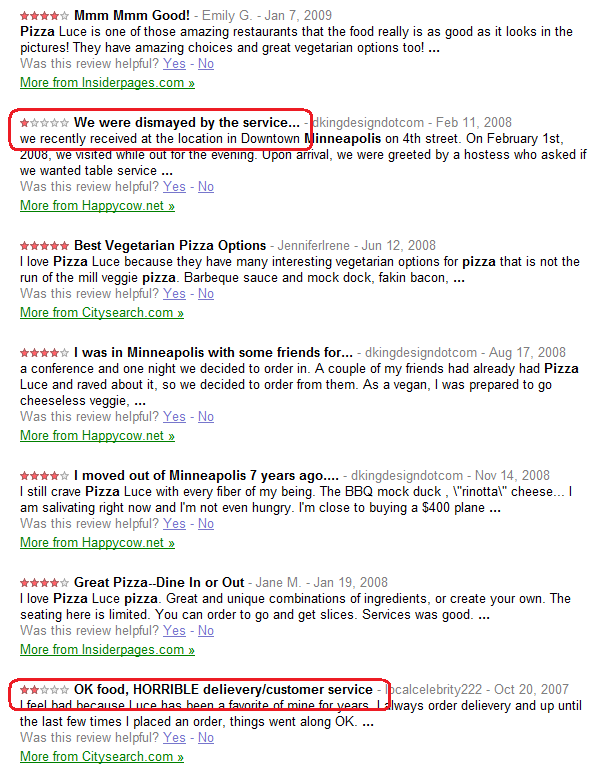If your business getting negative reviews then it is harmful for your online business reputation.
Many business owner face problem that how to remove bad reviews from search?
Sometime when you search company name or company review in search engine then you get bad results in SERP.
That result affects your business this distract customer mind. So you always try to remove it as soon as possible.
It is very crucial when bad review is coming on top position.
How Can You Remove Bad Review or Comments From SERP?
You have to create a strategy for doing this work. You can first simply try by just asking that website support team to remove your bad review but in most cases it is not possible to remove with this technique.
If your bad review is coming on first search page then it is very harmful for your business.
You have to follow few ORM steps that will help you to put your bad review on second page or third page or out of the SERP result.
There are many digital marketing agencies who provide this type of service to remove your bad review from search result.
Follow few steps that will really help you to demote your bad review in SERP:
Create brand page on top most social sites LinkedIn ,Facebook, Apsense, Rediff etc-
When you are creating a business page or brand page then you have to be careful about content on business or brand pages.It should be unique and fresh.
Create Strong Profiles:
Create your business profiles on best social sites like pinterest, stumble Upon,scoop.it, wikinut etc .
Make Power Point presentation and share on top site like slide share etc.
Make creative info-graphics which will show your business work process or anything else.
Create different different blogs related to your business theme.
Follow these points regularly at least 4,5 months. I am sure you will be happy with SERP result without negative review.
For more information about reputation management visit:
http://www.idigitaltree.com/repuitation-management
Many business owner face problem that how to remove bad reviews from search?
Sometime when you search company name or company review in search engine then you get bad results in SERP.
That result affects your business this distract customer mind. So you always try to remove it as soon as possible.
It is very crucial when bad review is coming on top position.
How Can You Remove Bad Review or Comments From SERP?
You have to create a strategy for doing this work. You can first simply try by just asking that website support team to remove your bad review but in most cases it is not possible to remove with this technique.
If your bad review is coming on first search page then it is very harmful for your business.
You have to follow few ORM steps that will help you to put your bad review on second page or third page or out of the SERP result.
There are many digital marketing agencies who provide this type of service to remove your bad review from search result.
Follow few steps that will really help you to demote your bad review in SERP:
Create brand page on top most social sites LinkedIn ,Facebook, Apsense, Rediff etc-
When you are creating a business page or brand page then you have to be careful about content on business or brand pages.It should be unique and fresh.
Create Strong Profiles:
Create your business profiles on best social sites like pinterest, stumble Upon,scoop.it, wikinut etc .
Make Power Point presentation and share on top site like slide share etc.
Make creative info-graphics which will show your business work process or anything else.
Create different different blogs related to your business theme.
Follow these points regularly at least 4,5 months. I am sure you will be happy with SERP result without negative review.
For more information about reputation management visit:
http://www.idigitaltree.com/repuitation-management

